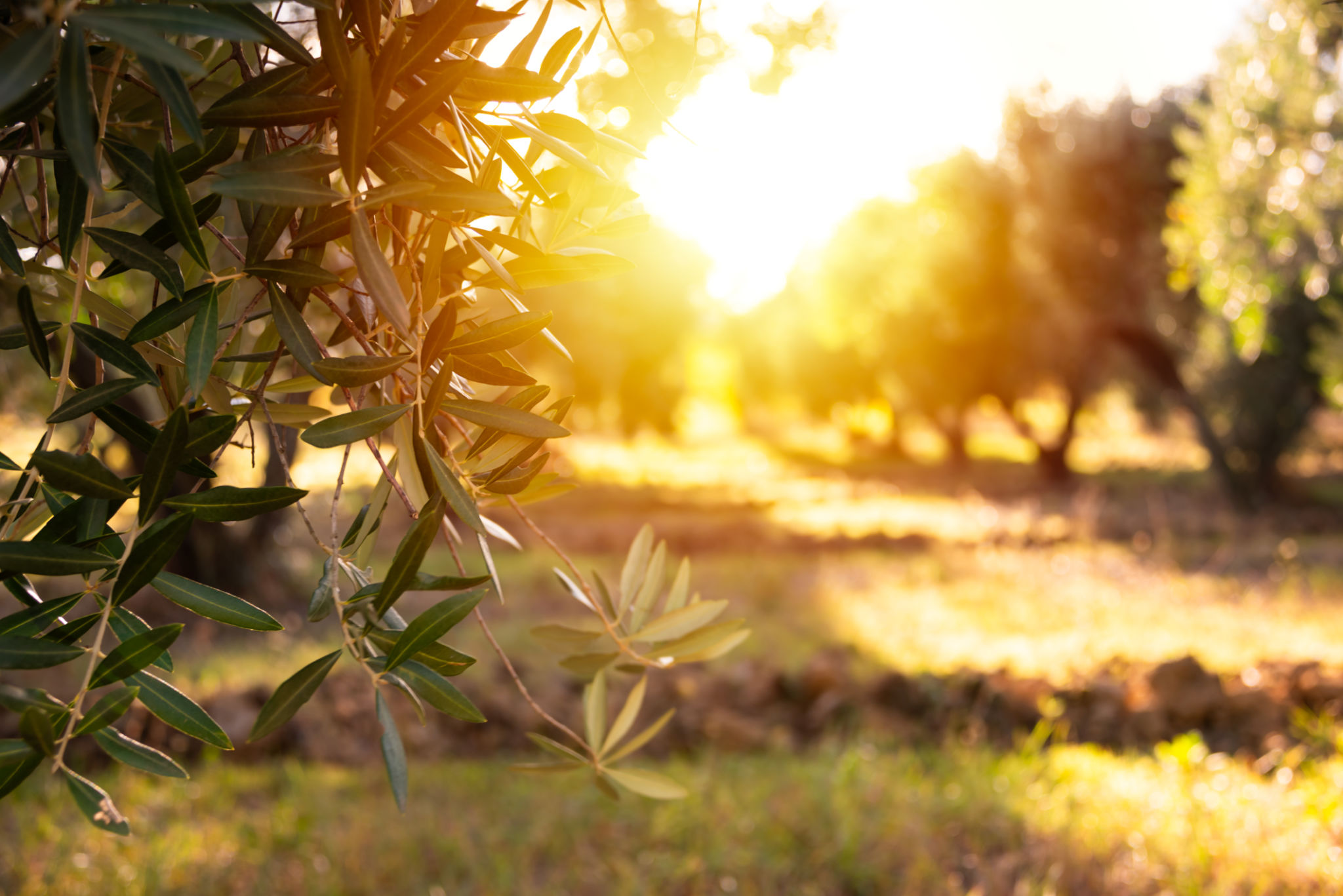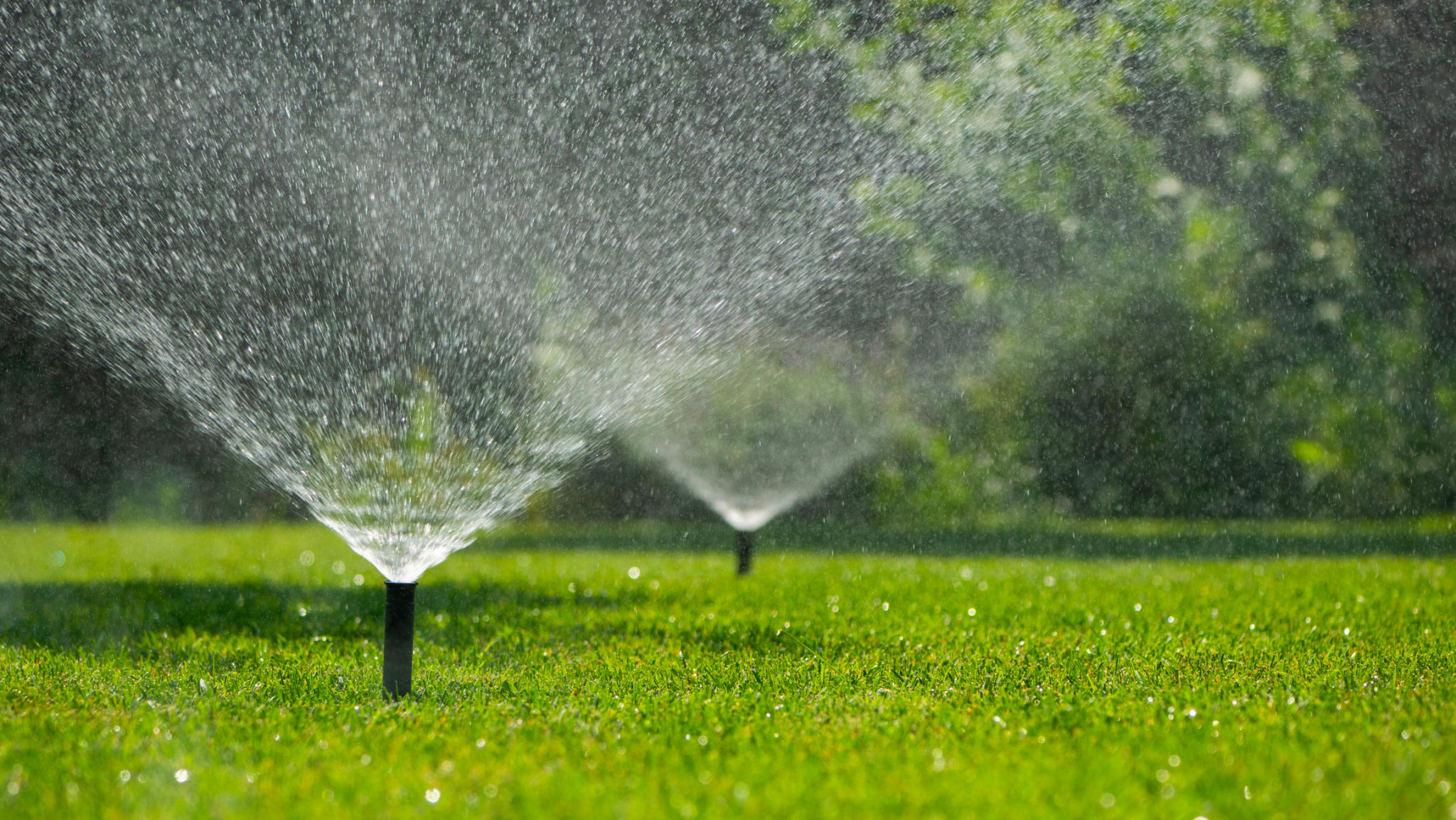The Impact of Arizona's Climate on Olive Production
The Unique Climate of Arizona
Arizona is renowned for its unique desert climate, characterized by hot summers and mild winters. These conditions create an environment that is both challenging and rewarding for agricultural endeavors, particularly for olive production. The state's low humidity and abundant sunshine provide an optimal setting for growing olives, a crop that thrives in warm, arid conditions.
Traditionally, olive trees have been associated with the Mediterranean region, where they have been cultivated for centuries. However, the climate in Arizona mirrors many aspects of the Mediterranean environment, making it an ideal location for olive cultivation. This has led to an increase in olive farms across the state.

Benefits of Arizona's Climate for Olive Trees
The warm temperatures and extended sunlight hours in Arizona contribute significantly to the successful growth of olive trees. Olives require a substantial amount of sunlight to produce fruit, and Arizona's climate provides plenty of it. Moreover, the dry conditions reduce the prevalence of pests and diseases that typically affect olive trees in more humid regions.
Another advantage is the state's well-drained soil, which is crucial for olive trees as they do not tolerate waterlogged conditions. The combination of heat, sunlight, and proper soil drainage ensures that olive trees can flourish without the risk of root rot or other water-related issues.

Challenges Posed by Extreme Weather
While Arizona’s climate offers many benefits, it also presents challenges that farmers must navigate. One of the most significant challenges is the extreme heat during summer months. Temperatures can soar above 100°F (38°C), which can stress olive trees and affect fruit development.
Water scarcity is another concern, as olives require a consistent supply of water to thrive. Farmers must employ efficient irrigation techniques to ensure their trees receive enough moisture without wasting precious water resources. Drip irrigation is a popular method used to address this issue, providing targeted hydration to the trees.

Adapting Cultivation Techniques
To mitigate these challenges, Arizona farmers have adapted their cultivation techniques. Many have introduced heat-tolerant olive varieties that are better suited to withstand the state’s high temperatures. These varieties can produce high-quality olives even under stressful conditions.
Additionally, farmers are implementing practices like mulching and shading to protect their crops from excessive heat and water loss. These methods help maintain soil moisture and reduce temperature stress on the trees, contributing to healthier growth and fruit production.
The Rise of Olive Oil Production
As more farmers embrace olive cultivation, Arizona has seen a rise in local olive oil production. The state’s unique climate imparts distinct flavors to the olives, resulting in premium-quality oils that are gaining recognition both nationally and internationally. This burgeoning industry is not only boosting the local economy but also offering consumers a diverse range of flavorful olive oils.
Furthermore, Arizona's emphasis on sustainable farming practices ensures that the olive oil produced is environmentally friendly and supports the long-term health of the local ecosystem. Consumers are increasingly drawn to these sustainable options, further driving the demand for Arizona-produced olive oil.
